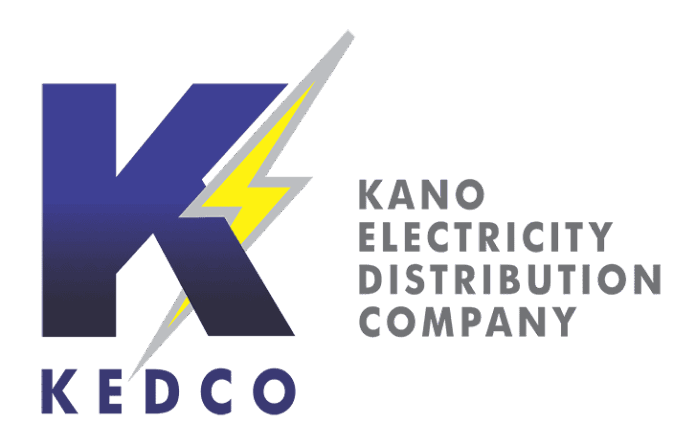

By Umar Akilu Majeri Dutse
The Jigawa State Government has commissioned a ₦1.2 billion investment designed to expand access to clean and reliable electricity.
The State Governor commissioned the project over the course of the weekend signaling the State as one if the first states in the North to generate her own electricity.
The project which is handled by FEA/KEDCO Solar Mini-Grid Project in Kafin Hausa will strengthen electricity supply in Kafin Hausa by powering 10 major distribution transformers, including those at the NEPA Office, Kofar Fada, Akarami, Bakin Kasuwa, and Ashura.
The project features a 500kWp solar-hybrid generation system with a 10MWp output capacity. It also comprises a 350MVA backup diesel generator, a 3.5km 33kV distribution line, and supporting infrastructure, including 500kV step-up and step-down transformers.
KEDCO noted that the initiative will help reduce reliance on diesel generators, enhance energy reliability for households and businesses, and boost industrial productivity across the region.
Speaking at the commissioning ceremony, Governor Namadi applauded FEA and KEDCO for what he described as a demonstration of technical expertise, foresight, and commitment to Jigawa’s development agenda.
“Today’s commissioning is not just the activation of a power grid; it is the ignition of opportunity, progress, and prosperity for the people of Kafin Hausa. We are proud to champion partnership with FEA for clean energy to our rural communities and drive our mission to make Jigawa a model of inclusive and sustainable development,” the governor said.
He stressed that access to affordable and sustainable energy remains central to driving job creation, industrialization, and poverty reduction in Jigawa State.
Representatives of Future Energies Africa (FEA) and KEDCO reaffirmed their partnership with Jigawa, pledging more investments in renewable energy across underserved communities in northern Nigeria.
Ahmad Zakari, who represented FEA at the event, highlighted the project’s innovative mix of conventional and renewable sources, noting that the hybrid solar system sets a new benchmark in electrification by enabling consistent clean power supply to Jigawa’s urban centres.
The project was developed by Future Energies Africa (FEA), the core investor in KEDCO, through its renewable energy subsidiary, Bagaja Renewables Limited.
Meanwhile, Jigawa State has continued to prioritize electricity reforms. In December 2024, Governor Namadi signed the Jigawa State Electricity Regulatory Commission law to enhance power regulation and access. Earlier in 2024, the state created the Ministry of Power and Renewable Energy to ensure inclusive and reliable energy solutions.
Nigeria, under its Energy Transition Plan (ETP), is targeting 30 percent renewable energy generation by 2030. The Federal Government also earmarked ₦100 billion in the 2025 budget for solar mini-grids in public institutions as part of the National Public Sector Solarisation Initiative.


![APC, City Boys Movement: Seyi Tinubu presents appointment letter to Obi Cubana [VIDEO]](https://headlineswave.ng/wp-content/uploads/2026/02/IMG_0779-218x150.jpg)

![APC, City Boys Movement: Seyi Tinubu presents appointment letter to Obi Cubana [VIDEO]](https://headlineswave.ng/wp-content/uploads/2026/02/IMG_0779-100x70.jpg)



